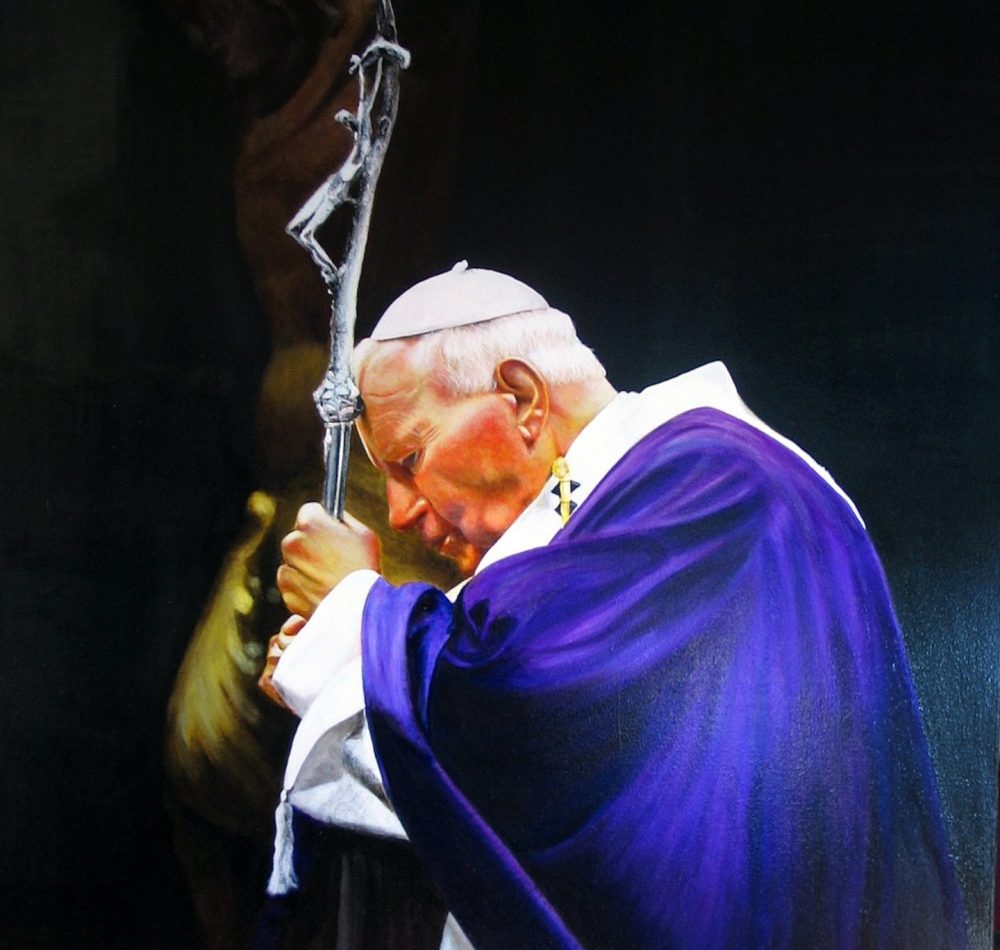Rev. José Mario O. Mandía
jmom.honlam.org
In the Old Testament, aside from the many models of prayer, we also find the Psalms. How important are the Psalms? The CCC (2587) states: “The Psalter is the book in which the Word of God becomes man’s prayer.” When we pray the Psalms, we can be sure that we are praying in the correct way.
The Compendium teaches: “The Psalms are the summit of prayer in the Old Testament: the Word of God become the prayer of man. Inseparably both personal and communal, and inspired by the Holy Spirit, this prayer sings of God’s marvelous deeds in creation and in the history of salvation. Christ prayed the Psalms and brought them to fulfillment. Thus they remain an essential and permanent element of the prayer of the Church suited to people of every condition and time” (No. 540).
The Psalms are found in the Liturgy, particularly in the Holy Mass and in the Liturgy of the Hours. There is never a single day in which the Church does not use the Psalms. This is why popes John Paul II and Benedict XVI dedicated many Wednesday General Audiences to explain the Psalms and Canticles of Lauds (Morning Prayer) and Vespers (Evening Prayer) from the Liturgy of the Hours.
In the first of those General Audiences on the Psalms (28 March 2001), Saint John Paul said, “In this way I would like to encourage and help everyone to pray with the same words that Jesus used, words that for thousands of years have been part of the prayer of Israel and the Church.”

“In this way I would like to encourage and help everyone to pray with the same words that Jesus used, words that for thousands of years have been part of the prayer of Israel and the Church.”
St John Paul II
Yes, when we pray the Psalms, we are saying the same words that our Lord used. When we pray the Psalms, we are praying with the Church. This is why Pope Benedict XVI considers the Book of Psalms as “‘the book of prayer’ par excellence” (General Audience, 22 June 2011).
The Psalms come from God, but they speak of our human condition. In fact, the words of the Psalms are words that are spoken by the human heart. Pope Benedict, in the same audience cited above, said: “This Book expresses the entire human experience with its multiple facets and the whole range of sentiments that accompany human existence”.
In the Psalms, we find sorrow and joy, struggle and victory, lament and praise, repentance and thanksgiving. That is why we can find a Psalm for every occasion.
Pope Benedict divided the Psalms into two big themes: supplication and thanksgiving. He briefly described these in the General Audience of 22 June 2011.
“In his supplication the person praying bewails and describes his situation of anguish, danger or despair or, as in the penitential Psalms, he confesses his guilt, his sin, asking forgiveness. He discloses his needy state to the Lord, confident that he will be heard, and this involves the recognition of God as good, as desirous of goodness and as one who ‘loves the living’ (cf. Wisdom 11:26), ready to help, to save and to forgive. In this way, for example, the Psalmist in Psalm 31 [30] prays: ‘In you, O Lord, do I seek refuge; let me never be put to shame… take me out of the net which is hidden for me, for you are my refuge’ (vv. 2,5)….”
“Likewise in the Psalms of thanksgiving and praise, recalling the gift received or contemplating the greatness of God’s mercy, we also recognize our own smallness and the need to be saved which is at the root of supplication. In this way we confess to God our condition as creatures, inevitably marked by death, yet bearing a radical desire for life. The Psalmist therefore exclaims in Psalm 86 [85]: ‘I give thanks to you, O Lord my God, with my whole heart, and I will glorify your name for ever. For great is your steadfast love toward me; you have delivered my soul from the depths of Sheol’ (vv. 12-13).”
At the end of that audience, Pope Benedict XVI says that just like a child learns to speak by using the words his parents teach him, we also learn to pray with the words that God teaches us – words which eventually become our own words. But words are symbols of thought, as Aristotle said in Peri hermeneias, so when we pray with the Psalms, we learn to think with the thoughts of God.


 Follow
Follow


